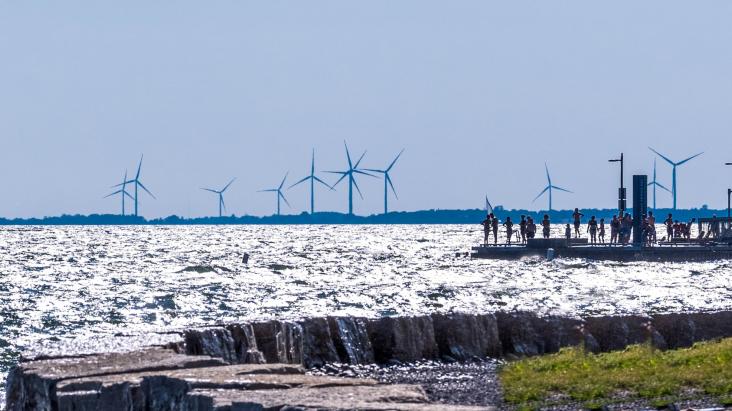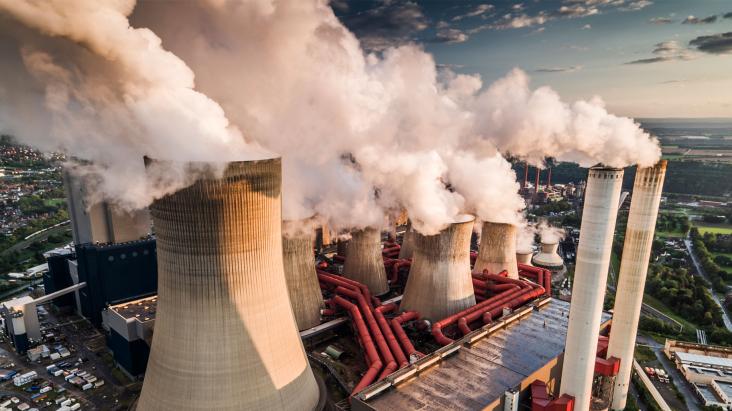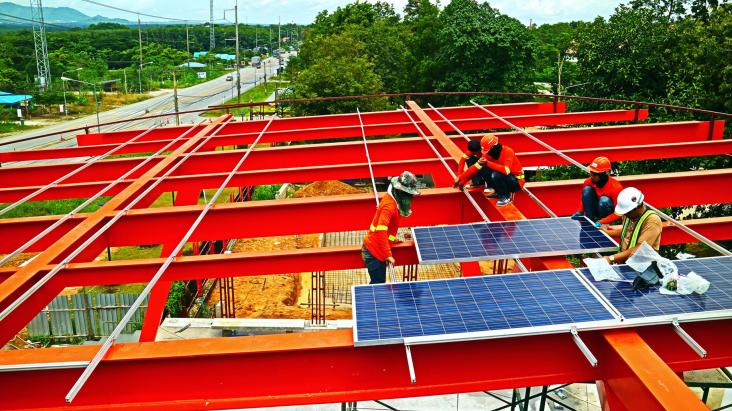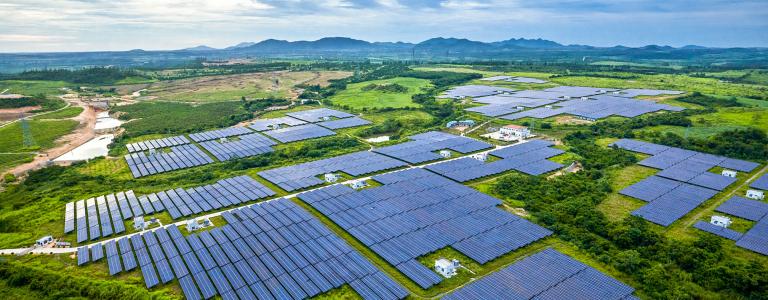Energy
Our experts offer practical guidance to help authorities choose the right system of electricity generation, reduce consumption of fossil-based transport fuels, and implement international climate change commitments.
We work side-by-side with local partners for less costly, more equitable energy systems. Aware of international policy developments, we identify wasteful practices, encourage new thinking, engage civil society, and support policy reform.
Related projects

Re-Energizing Canada
Oil and gas have shaped Canada’s past—but to ensure a prosperous future, the country must reduce its dependence on fossil fuel production. Find out why and how.

Just Energy Transition in Coal Regions Knowledge Hub
The Just Energy Transition in Coal Regions Knowledge Hub is an online platform building bridges between experts, policy-makers, the coal industry, trade unions, and civil society organizations.

Normalizing No New Fossil Fuels
There is no room for new fossil fuel projects under a 1.5°C global warming limit. New research explores how countries and the public can establish “no new fossil fuels” as a benchmark for climate leadership.

Budgeting for India’s Energy Transition
Research and analysis exploring India’s financial support for clean energy and fossil fuels.
Research

State of the Sector: Critical energy transition minerals for India
This report presents a comprehensive strategy for securing a reliable supply of critical energy transition materials (CETMs) essential to India's clean energy and low-carbon technology initiatives.

Fossil Fuel Subsidy Reform in Aviation and Shipping
Countries can address fossil fuel subsidies in aviation and shipping by changing legislation to allow for reform and introducing emission levies.

Federal Legislative Authority in Relation to Oil and Gas Development in Canada
This report outlines federal legislative authority related to oil and gas development in Canada.
Articles

"Electrify, Baby, Electrify": In 2025, governments must choose a safer world
President Trump campaigned on the slogan “drill, baby, drill,” yet, the case for transitioning from fossil fuels to clean energy has never been stronger.

Five Key Priorities to End Fossil Fuel Subsidies in Canada
As the G7 president in 2025, Canada has a pivotal opportunity to lead by fully phasing out fossil fuel supports and investing in a cleaner, more equitable future. Here are five recommendations for effective subsidy reform.

IISD's Best of 2024: Articles
As 2024 draws to a close, we revisit our most read IISD articles of the year.
Experts

Christopher Beaton
Director, Energy Program, Public Financial Flows

Ivetta Gerasimchuk
Director, Energy Program, International Strategy

Philip Gass
Director, Energy Program, Just Transitions and Canada

Richard Bridle
Senior Policy Advisor

Vance Culbert
Senior Policy Advisor & Secretariat Manager, COFFIS

Nichole Dusyk
Senior Policy Advisor and Lead, Canada Energy

Tara Laan
Lead, Incentivizing Renewables

Lucky Lontoh
Associate and Country Coordinator

Greg Muttitt
Senior Associate

Angela Picciariello
Senior Researcher

Shruti Sharma
Lead, Affordable Energy

Farooq Ullah
Senior Policy Advisor and Lead, Energy and Climate Governance
Latest
You might also be interested in

Subsidies
Fossil fuel subsidies make little sense in a world shifting to low-carbon sources of energy to tackle climate change.

Climate Change Mitigation
Tackling climate change requires urgently reducing greenhouse gas emissions to minimize the impacts on our societies, economies, and ecosystems.

Just Transition
In the transition to clean energy, a just transition can minimize negative impacts and maximize positive opportunities.

